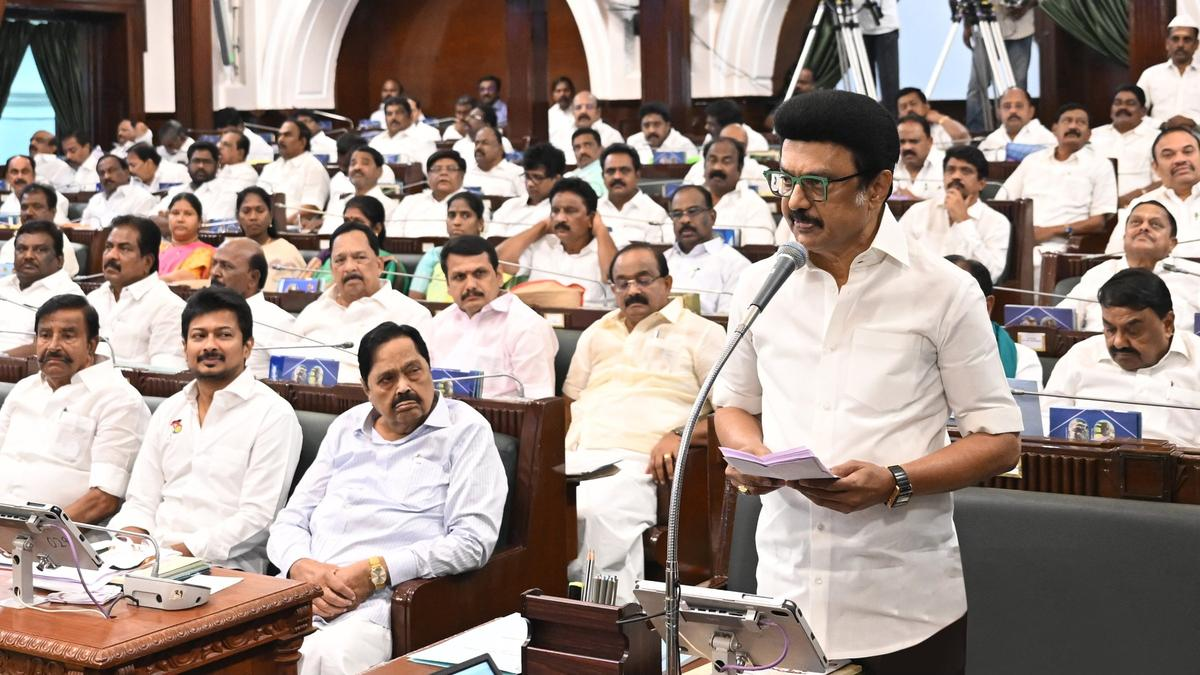Description
GS PAPER II: Bilateral, regional and global groupings and agreements involving India and/or affecting India’s interests.
Context: Union Minister of Agriculture and Farmers’ Welfare addresses the 42nd session of FAO Conference.
- 42nd Session of the FAO Conference being held virtually due to the Covid-19 pandemic.
India and FAO
- India is a founder member of the FAO and has played significant role since inception as Chair and member of various statutory bodies and committees.
- The Country Program Framework prepared by FAO India in collaboration with Ministry of Agriculture and Farmers Welfare, Government of India is aligned with national priorities and has a much required multi sectoral approach.
- FAO has benefitted from India’s vast repository of knowledge, which is shared globally among the member countries.
- India has been working closely with FAO, extending technical expertise and assistance in incidences of trans-boundary pests mainly Fall Army Worm and Desert Locust.
- India has launched various projects under the National Mission on Sustainable Agriculture to develop, demonstrate and disseminate the techniques to make agriculture resilient to adverse impacts of climate change.
- India is promoting Organic farming at a large scale.
About FAO:
- The Food and Agriculture Organization of the United Nations (FAO) is a specialized agency of the United Nations that leads international efforts to defeat hunger and improve nutrition and food security.
- FAO is composed of 197 member states.
- It is headquartered in Rome, Italy.
- It helps governments and development agencies coordinate their activities to improve and develop agriculture, forestry, fisheries, and land and water resources.
- It also conducts research, provides technical assistance to projects, operates educational and training programs, and collects data on agricultural output, production, and development.
- The FAO's Regular Programme budget is funded by its members, through contributions set at the FAO Conference.
- This budget covers core technical work, cooperation and partnerships including the Technical Cooperation Programme, knowledge exchange, policy and advocacy, direction and administration, governance and security.
Codex Alimentarius Commission
- FAO and the World Health Organization created the Codex Alimentarius Commission in 1961 to develop food standards, guidelines and texts such as codes of practice under the Joint FAO/WHO Food Standards Programme.
- The main aims of the programme are protecting consumer health, ensuring fair trade and promoting co-ordination of all food standards work undertaken by intergovernmental and non-governmental organization.
FAO priorities:
- Help eliminate hunger, food insecurity and malnutrition
- Make agriculture, forestry and fisheries more productive and sustainable
- Reduce rural poverty
- Enable inclusive and efficient agricultural and food systems
- Increase the resilience of livelihoods to threats and crises
Two fundamental areas of work – gender and governance – are fully integrated in the above strategic objective action plans.
https://pib.gov.in/PressReleasePage.aspx?PRID=1727330













